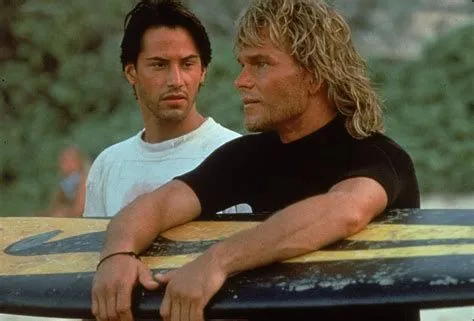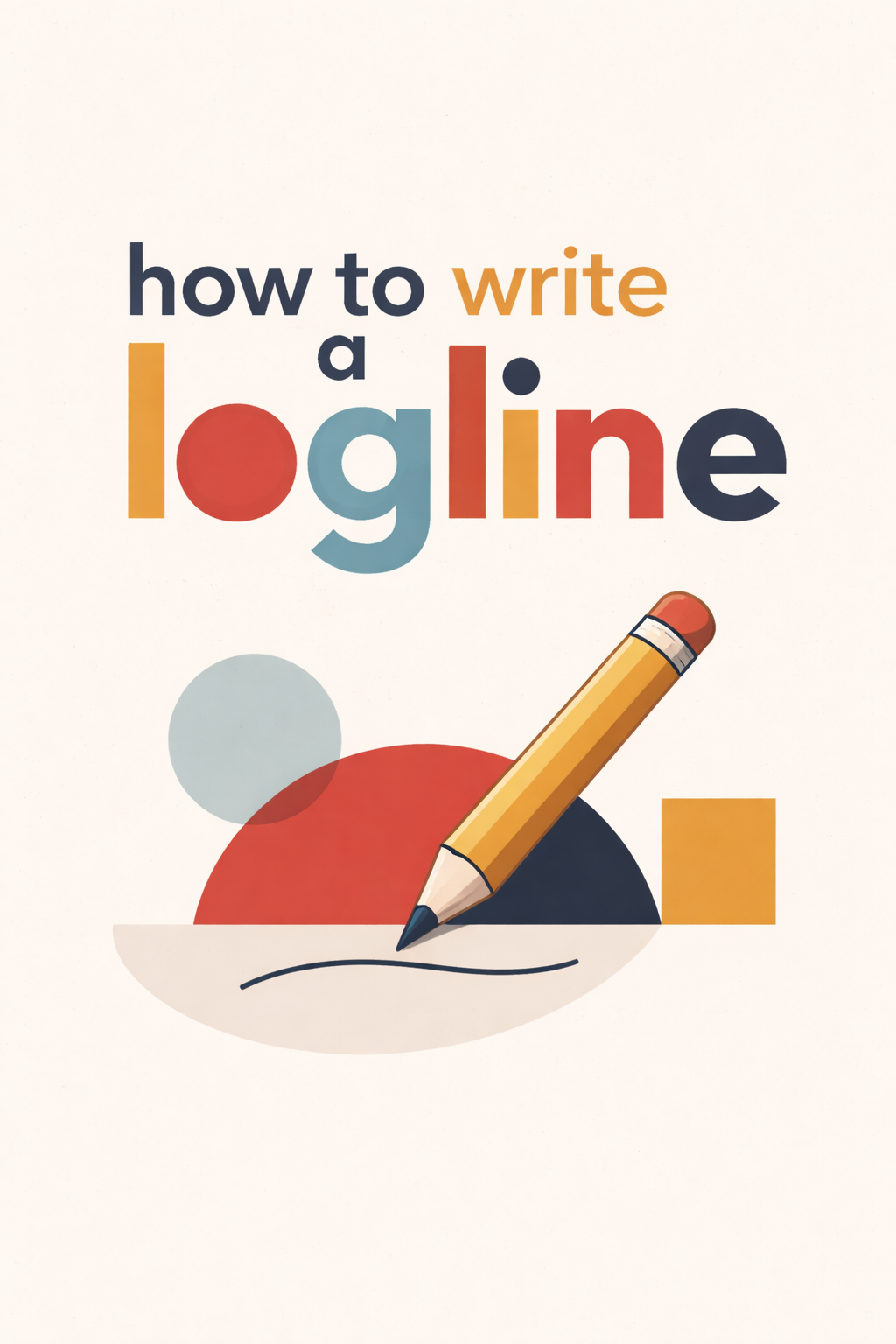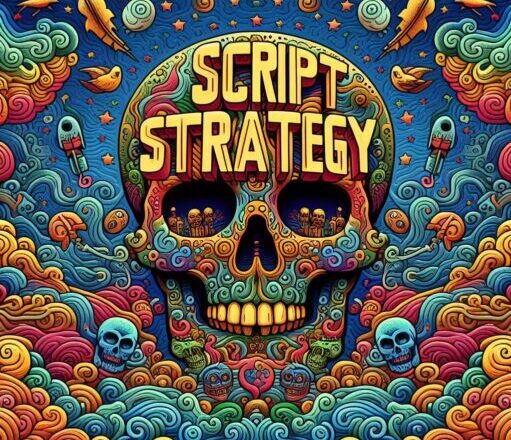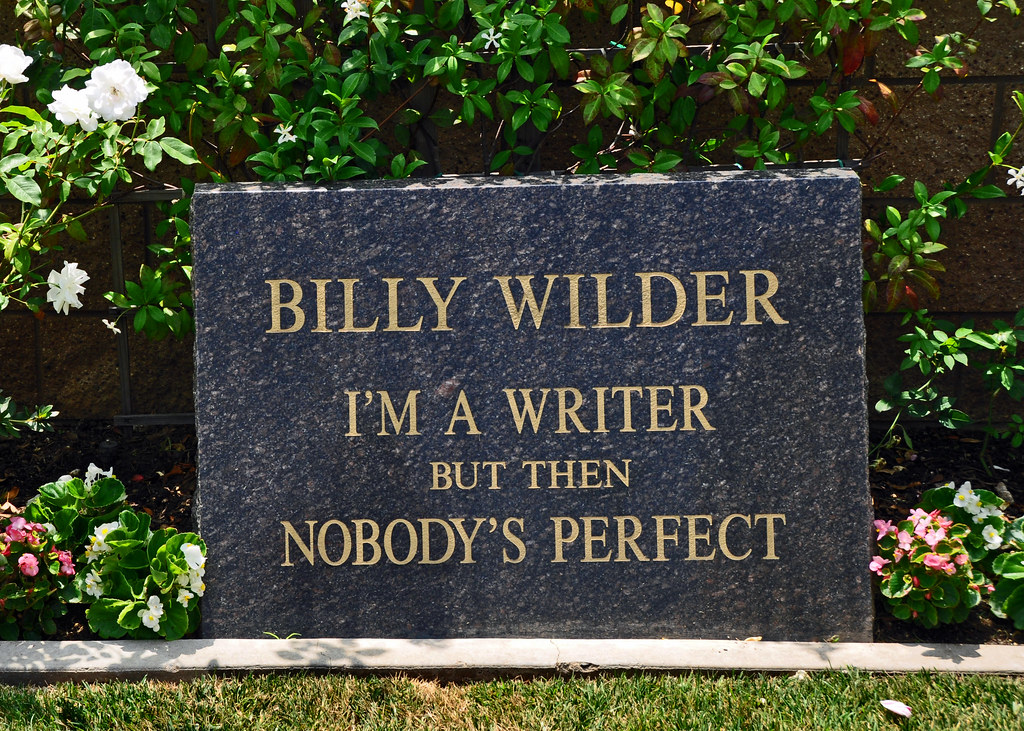Blog
Blog
Focus on What’s Different: How to Break the Rules as a Screenwriter
September 26, 2025

Blog
Part II: Use Irony in Film for Screenwriters – Creating Hooks
September 26, 2025

Blog
How to Develop Irony for Screenwriters — Part I (Same as Dramatic Irony?)
September 8, 2025

Blog
How to Write a Scene for Screenwriters — One Simple Rule + Three Exercises
September 4, 2025

Blog
How to Develop Your Own Voice as a Screenwriter: Three Techniques
September 2, 2025
Blog
How to Write a Story With a Message for Screenwriters
August 30, 2025

Blog
How to Write a Hybrid Concept for Screenwriters — With Examples
August 19, 2025

Blog
How to Use AI as a Screenwriter: Three Simple But Effective Methods
August 16, 2025
Blog
What the Hell is a Low Concept Film? Some Examples
January 26, 2026

Blog
How to Write a Logline for Your Screenplay: Five Examples
January 19, 2026


